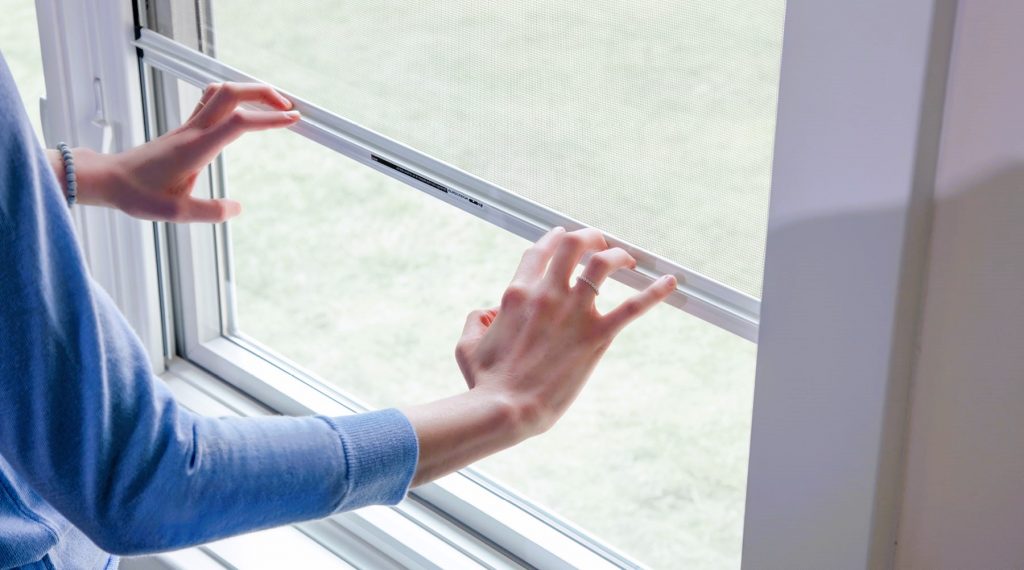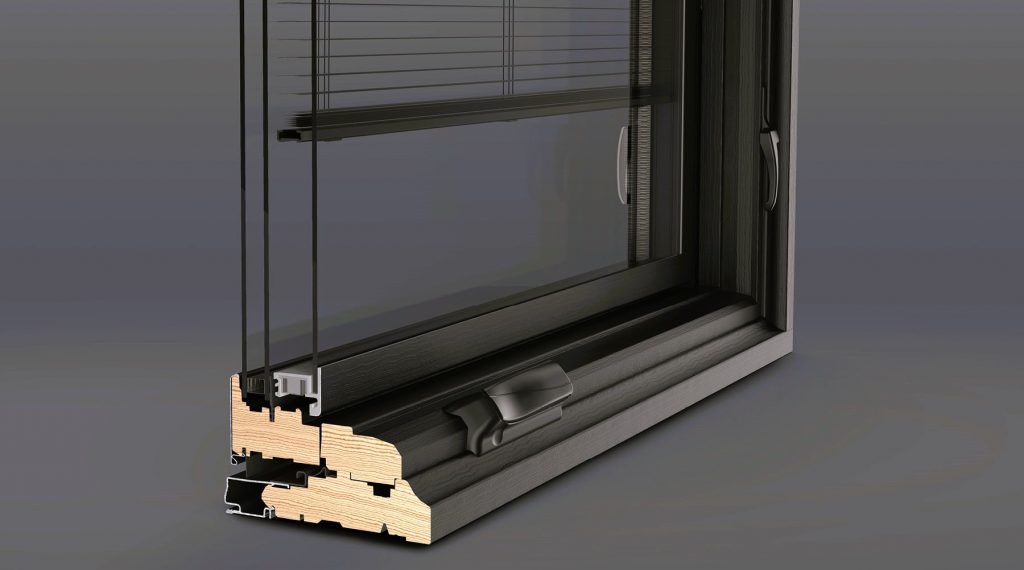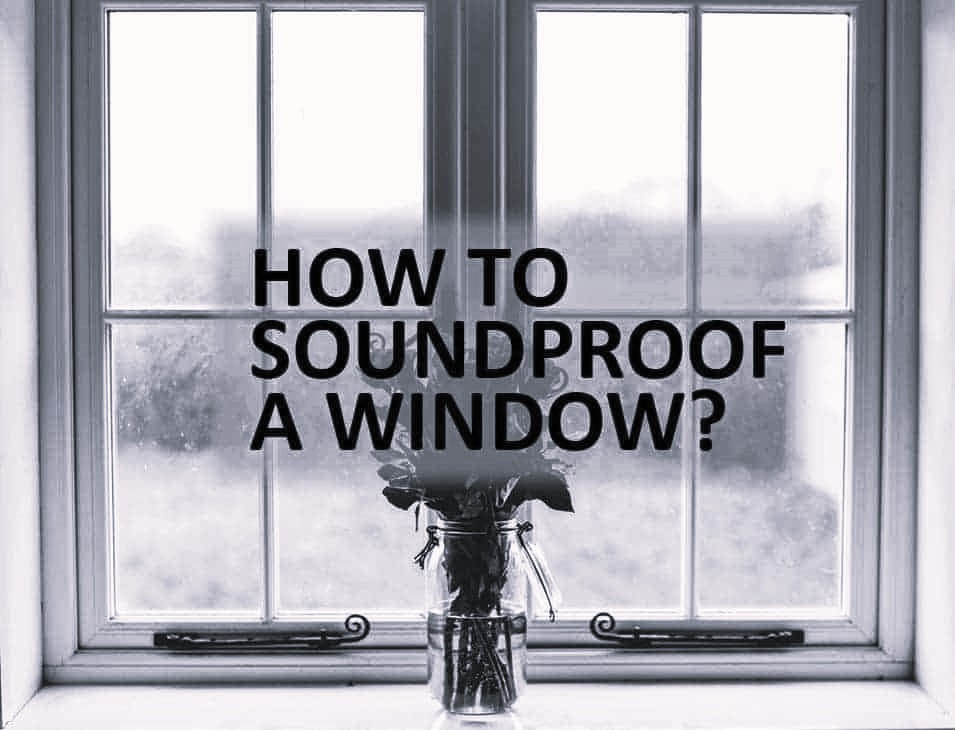Plastic windows are a popular choice for homeowners looking to improve the energy efficiency and aesthetics of their homes. However, they can also be an effective tool for improving soundproofing in your home. In this article, we will explore how to use plastic windows to improve soundproofing in your home.
How Sound Travels
Before we dive into how plastic windows can improve soundproofing, it’s important to understand how sound travels. Sound waves are vibrations that travel through the air and can penetrate through walls, ceilings, and windows. The level of noise reduction in your home depends on the materials used in your home’s construction and the thickness of those materials.
How Plastic Windows Improve Soundproofing

Plastic windows can improve soundproofing in your home in several ways. First, the double-pane design of plastic windows provides an added layer of insulation that helps to block out noise. The layer of gas or air between the panes acts as a barrier to sound waves, preventing them from traveling through the window and into your home. Do you want to install plastic windows yourself? Check out our guide.
Second, plastic windows are often made with thicker glass than traditional single-pane windows. Thicker glass can help to reduce the amount of noise that penetrates through the window, providing a quieter and more peaceful environment inside your home.
Third, plastic windows can be fitted with specialized noise reduction features, such as laminated or tempered glass. These features can help to further reduce outside noise and create a more peaceful environment inside your home.
Consider the STC Rating
When choosing plastic windows for soundproofing, it’s important to consider the Sound Transmission Class (STC) rating. The STC rating is a measure of how well a material can block out sound. The higher the STC rating, the better the material is at reducing sound transmission.
Look for plastic windows with an STC rating of at least 35 for effective soundproofing. However, keep in mind that other factors, such as the size and shape of the window, can also affect its soundproofing capabilities.
Seal Your Windows
To maximize the soundproofing capabilities of your plastic windows, it’s important to ensure that they are properly sealed. Air leaks can significantly reduce the effectiveness of your windows in blocking out noise.
Use weatherstripping or caulking to seal any gaps or leaks around your windows. This will create a tight seal that prevents noise from entering your home.

Consider Other Soundproofing Methods
While plastic windows can be effective at reducing noise, they may not completely eliminate all outside noise. To further improve soundproofing in your home, consider other methods such as adding insulation to your walls or using sound-absorbing materials such as curtains or rugs.
Conclusion
In conclusion, plastic windows can be an effective tool for improving soundproofing in your home. By using double-pane windows, thicker glass, specialized noise reduction features, and ensuring proper sealing, you can significantly reduce outside noise and create a more peaceful environment inside your home. When choosing plastic windows for soundproofing, consider the STC rating and other factors that can affect their effectiveness. By following these tips, you can enjoy the benefits of improved soundproofing and a more peaceful home.

